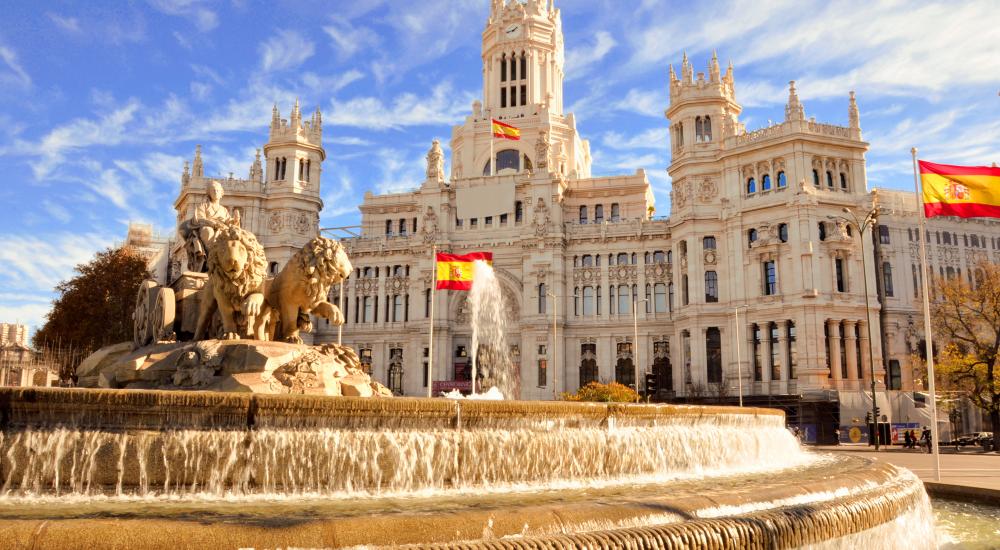Global Spotlight: Russia

Over the last 2 decades, Russia has experienced an exodus of scientists, educators, and young graduates. According to a recent University World News report, one of the country's leading recruitment agencies says that up to 85 percent of Russian graduates are considering permanent or temporary emigration, and data from the Russian Academy of Sciences indicates that almost 50,000 scientists left Russia between 2014 and 2019, compared to 20,000 between 2010 and 2013.
Two major causes of the brain drain: higher earning potential and more varied employment opportunities in some other countries. Another contributing factor is Russia’s struggle to compete with western counterparts when it comes to overall quality of education.
To stem the tide, the Russian government has introduced a grant system to support the country’s high-tech industries. In recent comments, President Vladimir Putin has also debated “[closing] the country as it was during the Soviet times” in an effort to retain Russian graduates, educators, and scientists. He has also considered increasing wages for workers in the fields of education and research.
Recent economic conditions in Russia have also had an impact on Russian students’ interest in study abroad. PIE News reports that the popularity of studying abroad among Russian students has decreased significantly in the past 5 years, and study-related travel has dropped by 50 percent.
Russian students, educators, and scientists, like almost everyone else in the world, have been affected by the rise of the coronavirus (COVID-19). However, it is too early to determine the long-term impact that COVID-related developments will have














